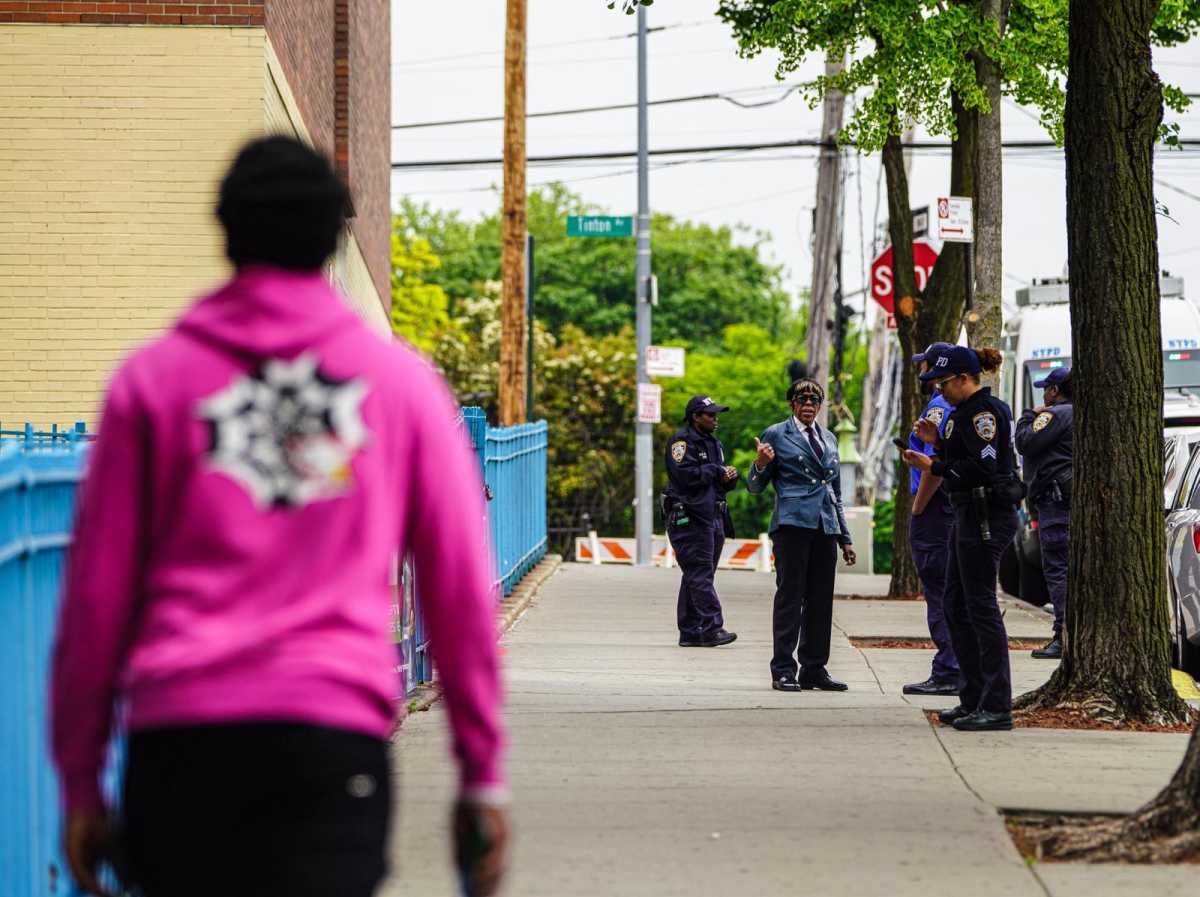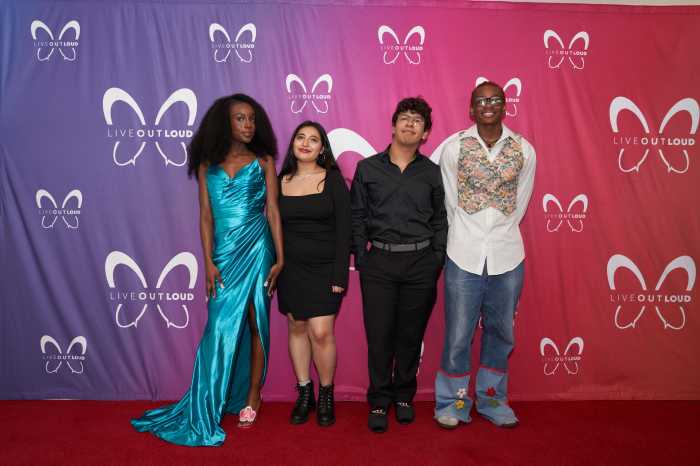On Wednesday, the Nobel Prize in physics was awarded to Donna Strickland, a Canadian laser physicist. She’s the first female scientist in 55 years to win the Nobel, and only the third woman ever to be awarded in physics. Here are some other important things to know about her.
1. Strickland’s Nobel Prize honors work published in her very first academic paper
The paper — on “chirped-pulse amplification technique,” a new way to amplify the power of lasers in short bursts — was published in 1985, as part of her Ph.D. studies. Strickland’s first publication winning the Nobel is “the academic version of a hole-in-one,” notes Vox.
2. Her winning research was conducted in New York
Strickland was pursuing her doctorate in physics at the University of Rochester at the time. She and her Ph.D. adviser, French physicist Gerard Mourou, are co-credited with the discovery and will split the Nobel’s $1.01 million cash prize. In 1985, Mourou told Strickland that their findings would be used to create lasers millions of times more powerful, and he encouraged her to talk them up at conferences. A decade later, his prediction came true.
3. Her work is used in several modern applications
Strickland’s winning research has been used to develop laser eye surgery, as well as laser-based cameras, manufacturing, data storage and other surgical procedures. Strickland, who refers to herself as a “laser jock,” said today that she never thought she’d win the Nobel. “Obviously I’m thrilled to win it, but certainly it never entered my mind that it would,” she said.
4. Donna Strickland got her first Wikipedia page today, and she had been rejected before
Strickland’s first Wikipedia page went live at 6:14am, shortly after the announcement of her Nobel became public. Although Mourou had gotten a Wikipedia page in 2005, drafts of a page for Strickland has previously been rejected by Wikipedia moderators, who said Strickland didn’t meet the site’s “notability guidelines.”
5. She is based at the University of Waterloo in Canada
A Canadian native, Strickland is an associate professor in the department of physics and astronomy. She has taught at the University of Waterloo since 1997 and oversees an ultra-fast laser lab. In a press conference today, the university president said that although Strickland is highly accomplished, she won’t have to submit a long résumé to be considered for a full professorship. “One line will be sufficient,” he said.





















